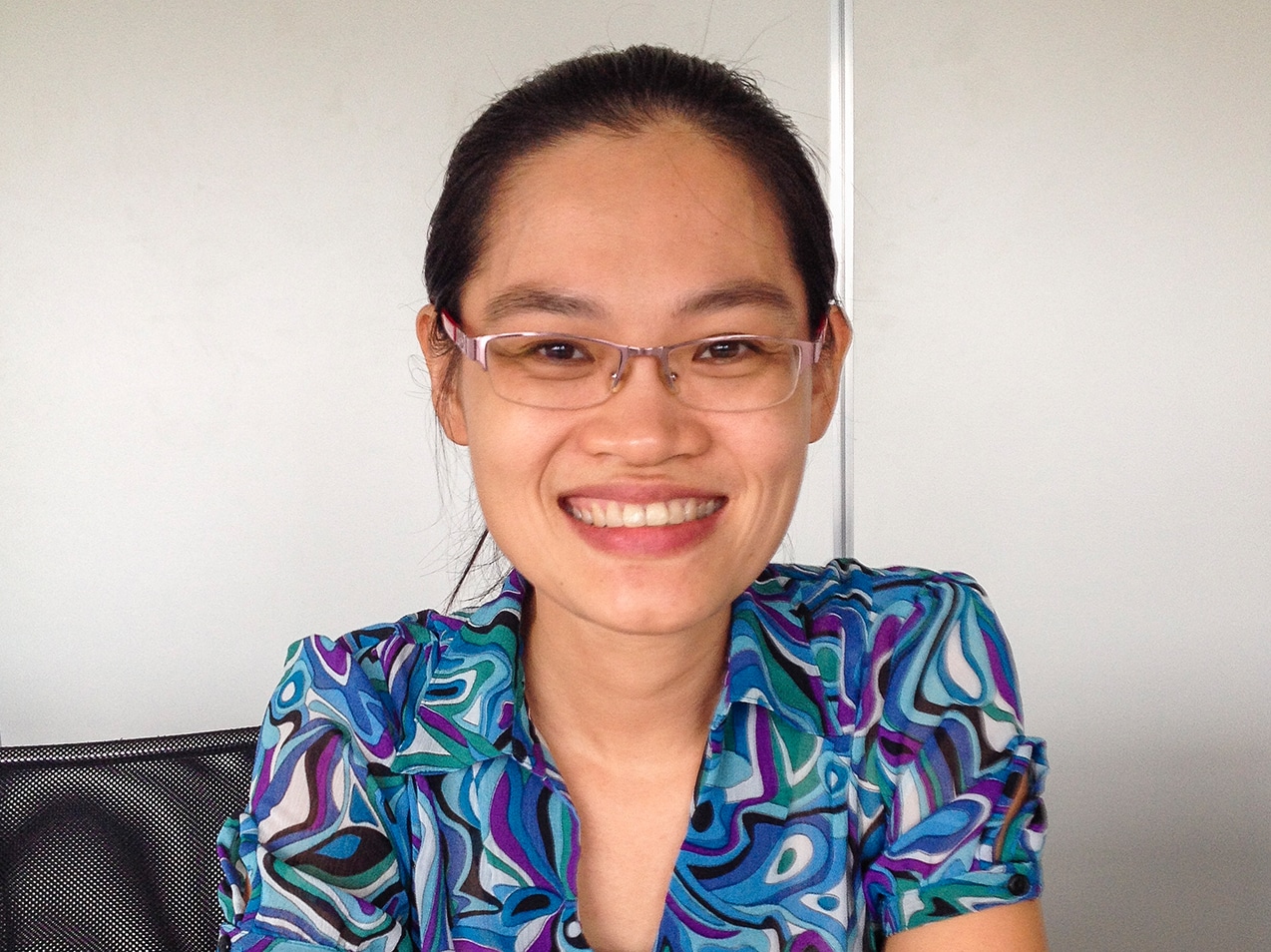Promoting human rights in Vietnam
28-03-17

Vietnam has officially lifted its ban on same-sex marriage. This happened following many years of struggle and advocacy to promote LGBT rights and to change the public attitude and the political opinion – and thereby the legislation. One of the organisations that promote LGBT rights is Institute for Studies of Society, Economy and Environment, iSEE.
We started to work with the LGBT rights issues in 2007 when it was still a much stigmatised theme to talk about and to work with in public, says Ms Vu Phuong Thao, Deputy Director of iSEE. She explains that iSEE works to promote human rights in Vietnam, but focus mostly on minority rights.
It´s an area where it is obvious how human rights are expressed. Therefore, we have a strong focus on the promotion of LGBT rights, Ms Vu Phuong Thao says.
Pioneers of minority rights
As one of the pioneers in the year-long struggle to promote LGBT rights, iSEE has made surveys and research into family norms, social norms and sexual identity.
When iSEE surveyed 3,000 gay, lesbian and transgender individuals in Vietnam in 2008, 20 percent of respondents said family members had beaten them because of their sexuality. Another survey conducted by iSEE in 2009, found that a majority of gays and lesbians in Vietnam choose to keep their sexual identity hidden for fear of social repercussions.
To promote LGBT rights as basic human rights, we started by organisational capacity building of the community. Then we encouraged appointments of representatives who can speak up for LGBT rights in public, Ms Vu Phuong Thao says.
The next thing was to initiate an open discussion about marriage, love and ‘gentleness’ and how you can experience this between same-sexes. iSEE worked a lot with public opinion mainly through campaigns and the media.
To initiate public dialogue and acceptance of same sex relationships and marriages as legitimate, we have worked a lot with the media, Ms Vu Phuong Thao says.
Organizational capacity building
Ms Vu Phuong Thao herself has very good experiences from capacity building and working with civil society organizations. She is beaming with joy when she talks about her Danida Fellowship Centre’s short-term course Role of Civil Society in Aid Effectiveness, in 2011. She explains how it taught her the fundamentals of working with civil society organizations, capacity building and advocacy work.
On the question of how you work with state controlled media in Vietnam, she says that the state control is not a big problem regarding this issue.
When it comes to the LGBT rights, it is not really a hot topic politically. It´s considered more of a social and cultural issue; you can work directly with the media and the journalists who have their own perception and opinion of the issue. Through the media, you have a chance of changing the public attitude, she says.
Read more about iSEE´s and the work to promote the rights of LGBT, ethnic minority and civil society at http://isee.org.vn/en.
Go back to our stories